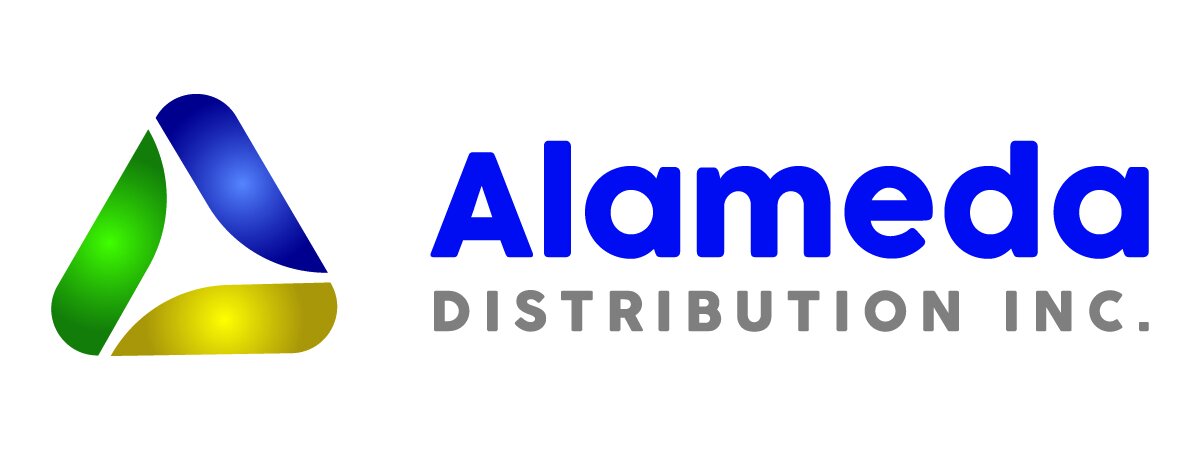15 Questions to Ask Before Choosing a 3PL Provider Like LA Container Inc.
Choosing the right third-party logistics (3PL) provider is a crucial decision for your business. It can greatly influence your operations, customer satisfaction, and ultimately your bottom line. Whether you're considering a provider like LA Container Inc. or any other company, asking the right questions will help ensure you make an informed choice.
1. Understanding the Range of Services Offered
Before diving into a partnership, it's essential to know the full range of services a 3PL provider offers. Do they cover transportation, warehousing, and distribution? Understanding this will help you see if they can meet all your logistical needs. Providers like LA Container Inc. often offer comprehensive services that cater to various industries, but it’s crucial to verify if their specific offerings align with your unique requirements.
It's also beneficial to ask how they handle peak seasons or sudden surges in demand. Some 3PL providers have adaptive strategies to efficiently manage such situations. Knowing this in advance can prevent operational bottlenecks and ensure seamless service throughout the year.
2. Evaluating Technological Capabilities
In today's tech-driven world, a provider's technological prowess is critical. Inquire about their use of tracking systems, automation, and data analytics to ensure seamless and efficient logistics operations. Advanced technology not only enhances efficiency but also improves accuracy and real-time tracking capabilities.
Many leading 3PL providers employ cutting-edge logistics technology to streamline their operations. These technologies facilitate better decision-making, minimize errors, and improve customer satisfaction by providing timely updates and transparency in the supply chain.
3. Assessing Industry Experience
Experience in your specific industry is invaluable. Ask potential providers about their track record in similar market sectors to gauge their expertise and reliability. For instance, LA Container Inc. may have extensive experience in sectors that require specific handling procedures or regulatory considerations.
Additionally, it's wise to consult case studies or reach out to past clients to get firsthand accounts of their experiences. Understanding how a provider has managed challenges in the past can reveal insights into their adaptability and problem-solving skills.
4. Ensuring Scalability and Flexibility
Your business may grow or change direction. Finding a provider that can scale services or adapt to changing needs is crucial for long-term satisfaction and success. Ask how they handle increasing volumes of business and whether they have scalable solutions in place.
Furthermore, flexibility in terms of storage solutions and distribution channels can make a significant difference during business expansions. Providers that offer customizable solutions can better align with evolving business strategies and market demands.
5. Investigating Customer Support
Customer support can make or break a business relationship. Determine how accessible and responsive their support team is, especially during critical times. Having a dedicated account manager or a reliable support channel can significantly improve communication and resolve issues swiftly.
It's beneficial to understand their standard operating procedures for handling customer inquiries and emergencies. This insight can be particularly crucial during high-stress periods, ensuring you have the right support when you need it most.
6. Reviewing Safety and Compliance Standards
Safety and regulatory compliance are non-negotiable. Verify the provider's adherence to safety standards and industry regulations to avoid potential hazards. Companies with robust compliance protocols can minimize risk and protect your business interests.
Additionally, continuous staff training and compliance audits can reinforce safety measures and ensure that all regulatory requirements are diligently met. These practices underscore a provider's commitment to maintaining the highest standards of operation.
7. Analyzing Cost Structure and Transparency
A transparent cost structure helps you avoid unexpected charges. Discuss their pricing models and request detailed breakdowns to understand the financial commitment involved. Clarity in cost analysis is crucial for budgeting and financial planning.
Also, inquire about any additional fees that might not be immediately apparent, such as peak season surcharges or extra charges for handling hazardous materials. A comprehensive understanding of pricing can prevent future disputes and align expectations.
8. Exploring Network of Partners and Locations
Having a vast network can expedite processes. Inquire about their network of partners and locations to ensure they can adequately cover your logistical needs. A widespread presence can significantly enhance delivery times and logistics efficiency.
Moreover, global reach with regional expertise can provide competitive advantages, especially for businesses looking to expand internationally. Assess how effectively they collaborate with their partners to maintain a cohesive and efficient supply chain.
9. Understanding the Onboarding Process
A smooth onboarding process is key to launching your logistics partnership efficiently. Ask about the steps involved and the timeline for transitioning to their services. A well-structured onboarding plan can reduce operational downtime and ensure swift integration.
Additionally, inquire about the support provided during the initial phases. Understanding how they facilitate transition can reassure you of their commitment to cultivating a successful partnership from the start.
10. Inspecting Track Record of Reliability
Reliability is demonstrated through a consistent track record. Request case studies or testimonials to verify their ability to deliver on promises. Assess how often they meet delivery schedules and maintain operational excellence.
Reviewing third-party assessments or industry accolades can further substantiate their claims of reliability. Such external validations provide an objective perspective on their capabilities.
11. Learning About Environmental Sustainability Initiatives
Sustainability is becoming increasingly important. Ask about any green initiatives or sustainability practices the provider incorporates into their operations. Businesses committed to environmental sustainability can contribute positively to your corporate responsibility goals.
From reducing carbon emissions to optimizing routes for less fuel consumption, providers employing eco-friendly tactics not only aid in protecting the environment but often manage costs effectively in the long run.
12. Clarifying Contract Terms and Exit Strategy
Understanding contract terms and having a clear exit strategy is essential to avoid future hassles. Discuss termination clauses and what happens if you need to part ways. Thorough knowledge of your contractual options ensures both parties have mutual expectations from the arrangement.
It’s also important to evaluate any penalties associated with early termination. A clear understanding of such clauses can facilitate a more harmonious partnership and allow for a fair resolution should things not go as planned.
13. Assessing Data Security Measures
Data security is crucial in maintaining trust. Ensure the provider has robust security measures in place to protect your sensitive business data. With increasing cyber threats, understanding their security infrastructure becomes paramount.
Ask about how they manage data breaches and what protective protocols are established to safeguard your information. Providers with certifications in cybersecurity can offer added assurance.
14. Examining Communication Channels and Transparency
Open communication channels foster transparency. Explore how they maintain communication with clients and resolve any potential issues. Efficient communication mechanisms can significantly enhance collaboration and client satisfaction.
Regular updates and proactive communication can prevent misunderstandings and ensure all stakeholders remain informed. Consider their responsiveness and willingness to engage openly with your team.
15. Verifying Insurance Coverage
Adequate insurance coverage protects against unforeseen events. Confirm their insurance policies to ensure your goods are covered during transit and storage. Comprehensive insurance can safeguard against potential losses and provide peace of mind.
Also, evaluate the claims process and their history of managing insurance claims. A provider with a reliable track record in handling claims demonstrates professionalism and accountability in managing risks.

